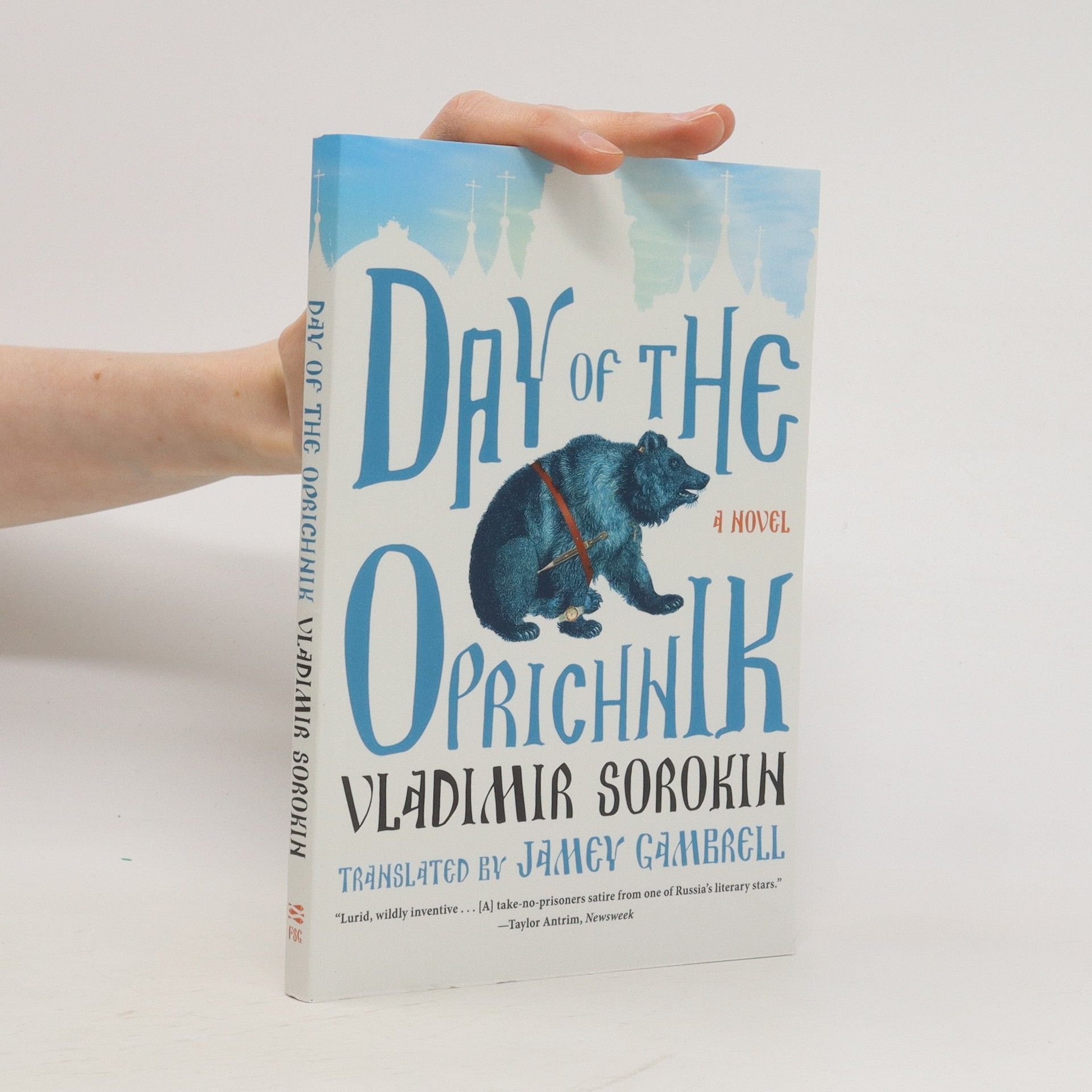Day of the Oprichnik
- 208pages
- 8 heures de lecture
One of The Telegraph's Best Fiction Books 2011 Moscow, 2028. A scream, a moan, and a death rattle slowly pull Andrei Danilovich Komiaga out of his drunken stupor. But wait--that's just his ring tone. So begins another day in the life of an oprichnik, one of the czar's most trusted courtiers--and one of the country's most feared men. In this new New Russia, where futuristic technology and the draconian codes of Ivan the Terrible are in perfect synergy, Komiaga will attend extravagant parties, partake in brutal executions, and consume an arsenal of drugs. He will rape and pillage, and he will be moved to tears by the sweetly sung songs of his homeland. Vladimir Sorokin has imagined a near future both too disturbing to contemplate and too realistic to dismiss. But like all of his best work, Sorokin's new novel explodes with invention and dark humor. A startling, relentless portrait of a troubled and troubling empire, Day of the Oprichnik is at once a richly imagined vision of the future and a razor-sharp diagnosis of a country in crisis.

